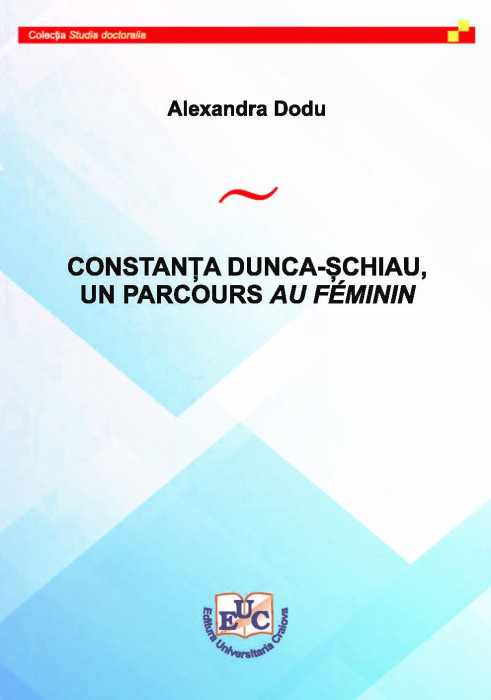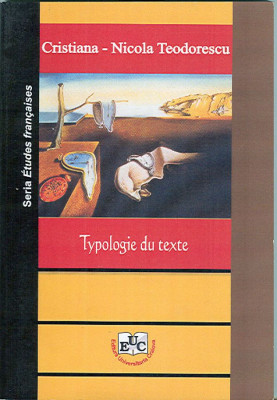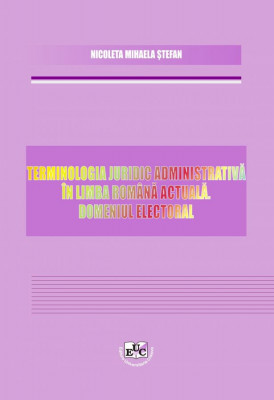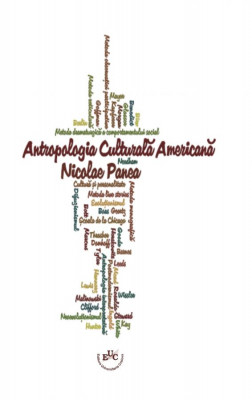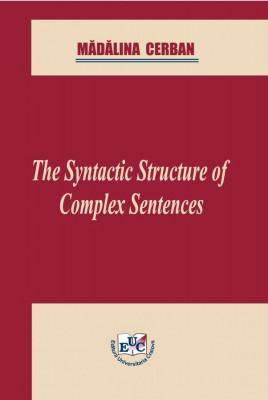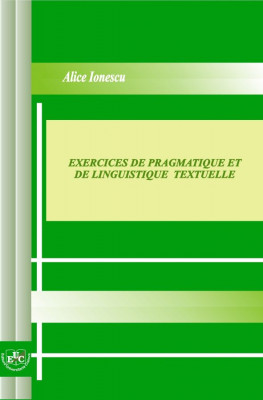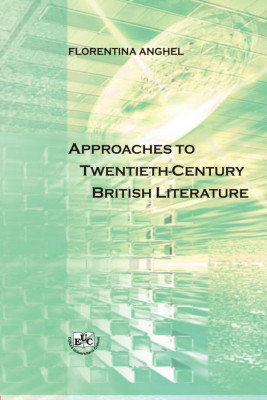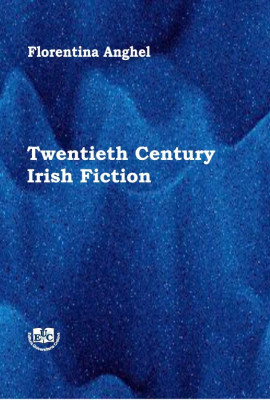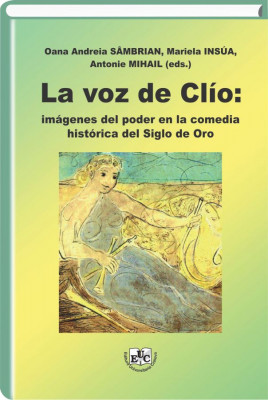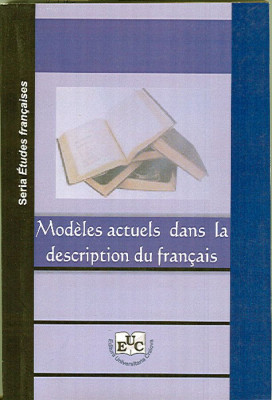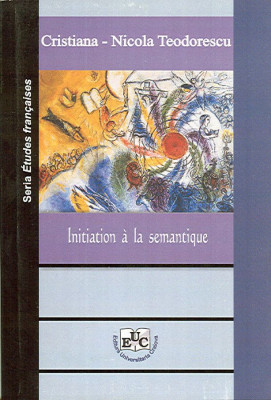The thesis Constanța Dunca-Schiau, un parcours au féminin proposes the historical reconstruction of a feminine journey in the mid-19th century. Despite some brief data presented in the Romanian historiography, Constanța Dunca-Schiau (16 February 1843, Botoșani - 192?) was a true pioneer of the female affirmation in the public space: writer, journalist, translator, pedagogue, militant for the emancipation of women. She proposed a reassessment of the female identity which led to the adoption of a new role of women in society. Her ideas were embodied in the Public Education Act of 1864. Her contribution was recognised by Prince Alexandru Ioan Cuza, who presented her with a medal.
Her entire activity is characterised by innovation. Thanks to her unyielding involvement in the reform of the education system, she was appointed by the City Hall of Bucharest to inspect girls' schools, a public position in which a woman had never before been invested. She was also the first woman teacher in the education system, obtaining a post at the Central School (Moral and Pedagogy) in 1863. In the same year, she founded the periodical Amicul Familiei, becoming the first woman editor-in-chief in Romania. Although apparently preoccupied with her work, in 1872, she unexpectedly withdrew from the public space to become a "mother and wife", and later, after a period of absence of almost thirty years, she returned to the public eye, proclaiming herself the forerunner of the Romanian feminist movement. This time, Dunca proposes to the general public a reserved attitude towards the feminist ideas of late, which are harmful to the family, considered the basic cell of society. The affirmation of women in the public space could therefore compromise the fulfilment of domestic tasks, and lead to an incomplete, inadequate education of the future citizens of the state.
The main objective of this work is to complete a missing page in the Romanian women's historiography, by adopting a critical perspective in recovering the social path of Constanţa Dunca in a phallocratic society. Another aspect of interest is the evaluation of her literary creations, particularly her novel Éléna. Phanariotes et Roumains (Elena Mănescu, in the Romanian version), which enjoyed a great deal of success in France, but never gained the attention of Romanian readers, being still suspected of plagiarism (after the novel Ciocoii vechi și noi, Nicolae Filimon). The thesis therefore raises questions of history and literary theory with regard to the birth of modern female discourse in the mid-19th century. The chosen perspective valorises the concept of the woman as a social actor and evokes the first articulations of the feminist discourse, constructed in the rhetoric of the era, of the woman-mother, of the woman-state, which subsequently led to new aspirations, to new representations of women about themselves and the role they could play in the public, social life. The monographic study of a subject from the aforementioned period, implicitly aims at rebalancing the state of marginalisation: the woman becomes the subject of her own existence.

